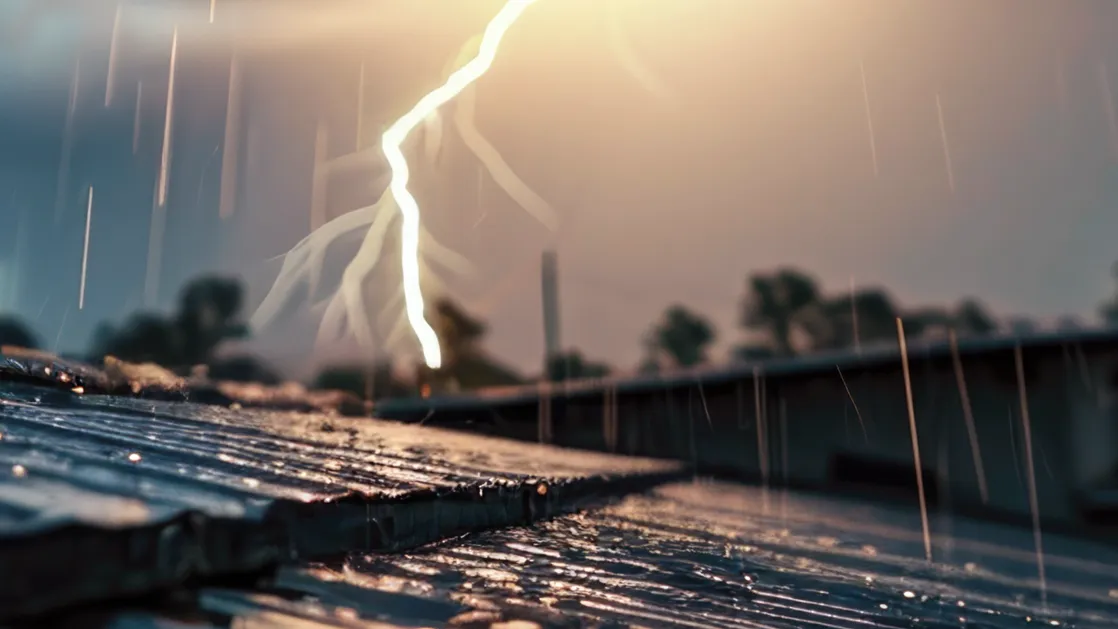In our last blog post, we talked about the importance of paying attention to your roof during the hot summer months. We also delved into a few of the ways the hot sun can impact your home’s most important feature.
But in this post, we wanted to take a deep-dive to explain a few other ways summer can affect your roof, and what you can do about it. You don’t want to wait too long and end up with a need for a complete roof replacement.
Heat of the Day
During a 90° day, your roof can get as hot as 160°, depending upon what type of material your shingles are made out of. To give you a sense of how hot that is, tap water can cause third-degree burns when it reaches 140°, so anything over that is a severe type of warm.
When it starts to heat up, roof shingles can curl, warp or even melt. Over the progression of a few summers, this can lead to damage to your roof. When you look at your roof in the winter and wonder why you have damage, this could be part of the reason.
Stay aware to make sure you replace damaged sections before it becomes a roof-wide problem.
If you’re in the mood for an energy efficient roof, think about using a lighter shingle to reflect heat back toward the sun, rather than a darker, more modern-looking shingle. This will save you money by reducing the amount of energy you need to use to keep your home cool in the summer when the air conditioner is cranking away.
Thunderstorms
Here in Michigan, thunderstorms can pop up at a moment’s notice, often accompanied by strong winds, hail, and heavy downpours. In case you wanted our expert advice, none of these acts of Mother Nature are good for your roof.
No doubt you have walked out after a storm to find shingles blown from your roof, or heard the pelting of hail as you huddled in your living room. But since storms are hard to ignore, it’s also hard to ignore the damage it can do to your roof, which is usually a quicker fix than replacing an entire roof.
But there is hidden damage to look for, like water from the heavy rain. This can overwhelm your gutter system or lead to clogged gutters if water collects with twigs and leaves. Make sure you get a close look to make sure there is no standing water that could lead to water damage down the road.
Sun Damage
As we talked about before, those UV rays from the sun are merciless when it comes to your roof. They pound the top of your house day after day, hour after hour, and they can dry out shingles quickly. It’s a good idea to keep an eye on the older shingles, but we suggest calling a professional to assess the damage, since older, brittle shingles can break underfoot and cause personal injury.
The roof of your home is imperative to keeping your family safe and cool in the summer, but it will protect you only as well as you keep it up, which means inspecting on a regular basis.
Just because it looks fine from afar doesn’t mean there aren’t repairs to make, but making smaller repairs now is preferable to larger repairs, which can mean replacing the entire roof.
When the heat is on, make sure you are up to the task of keeping your roof in tip-top shape.


